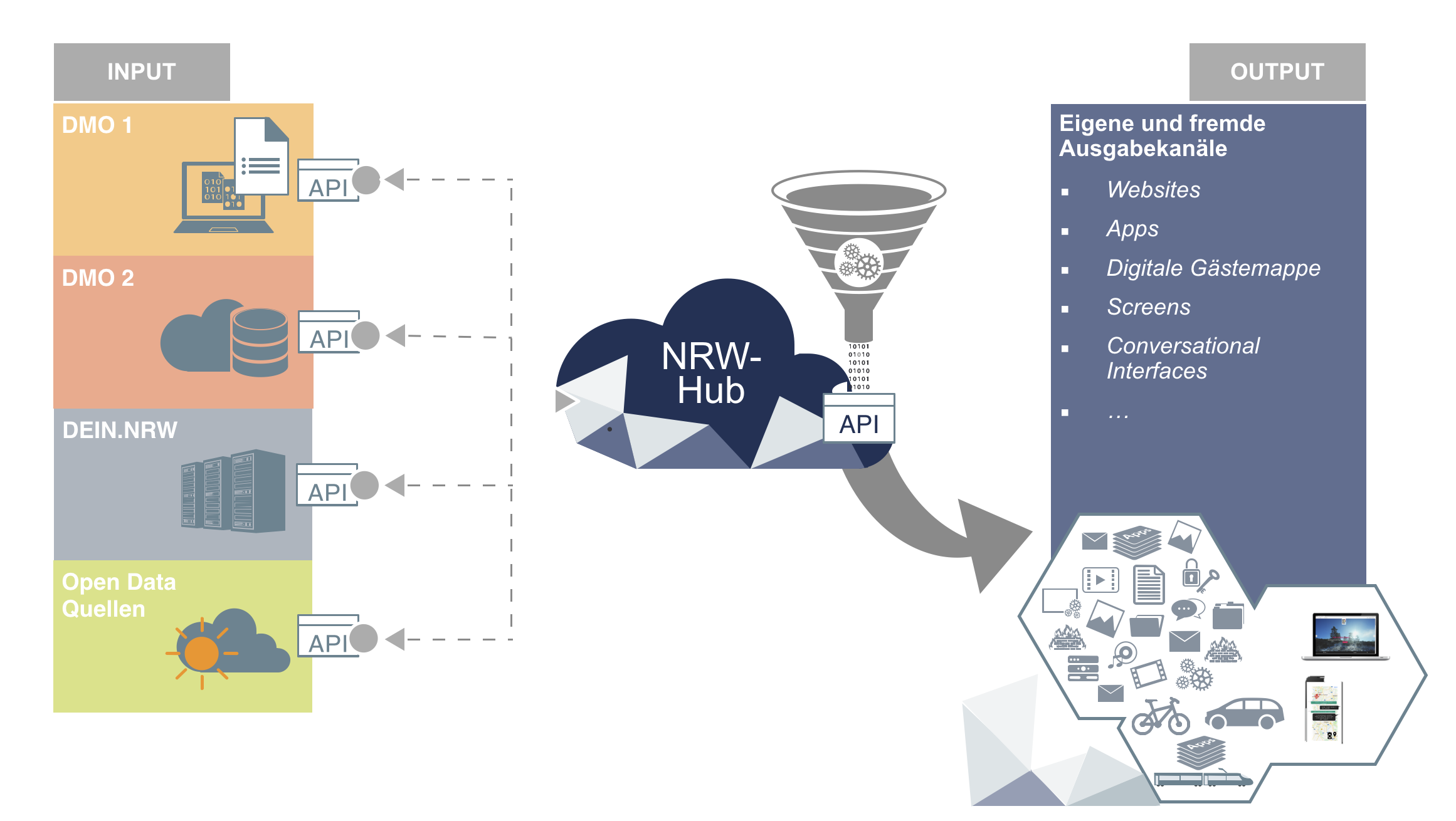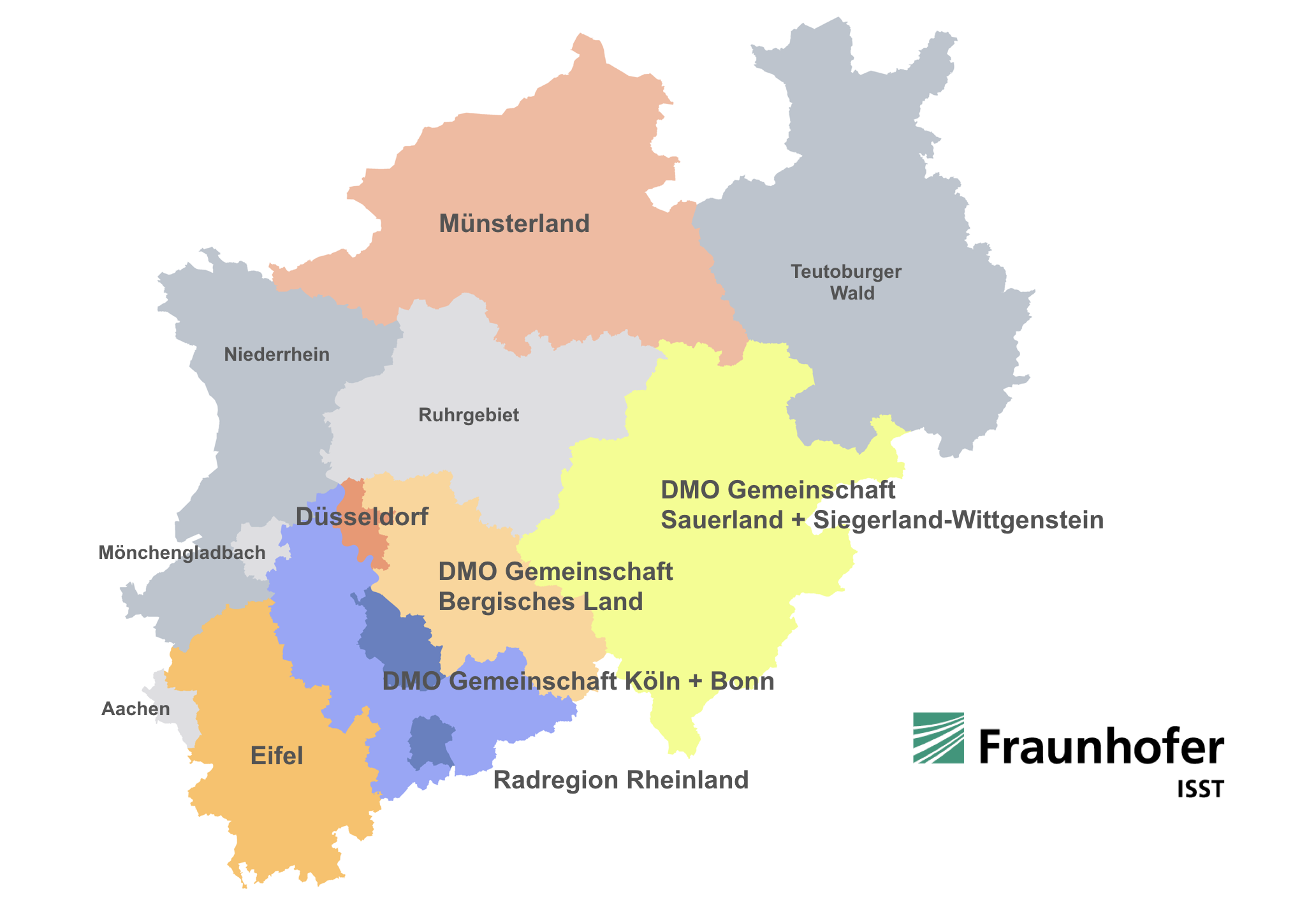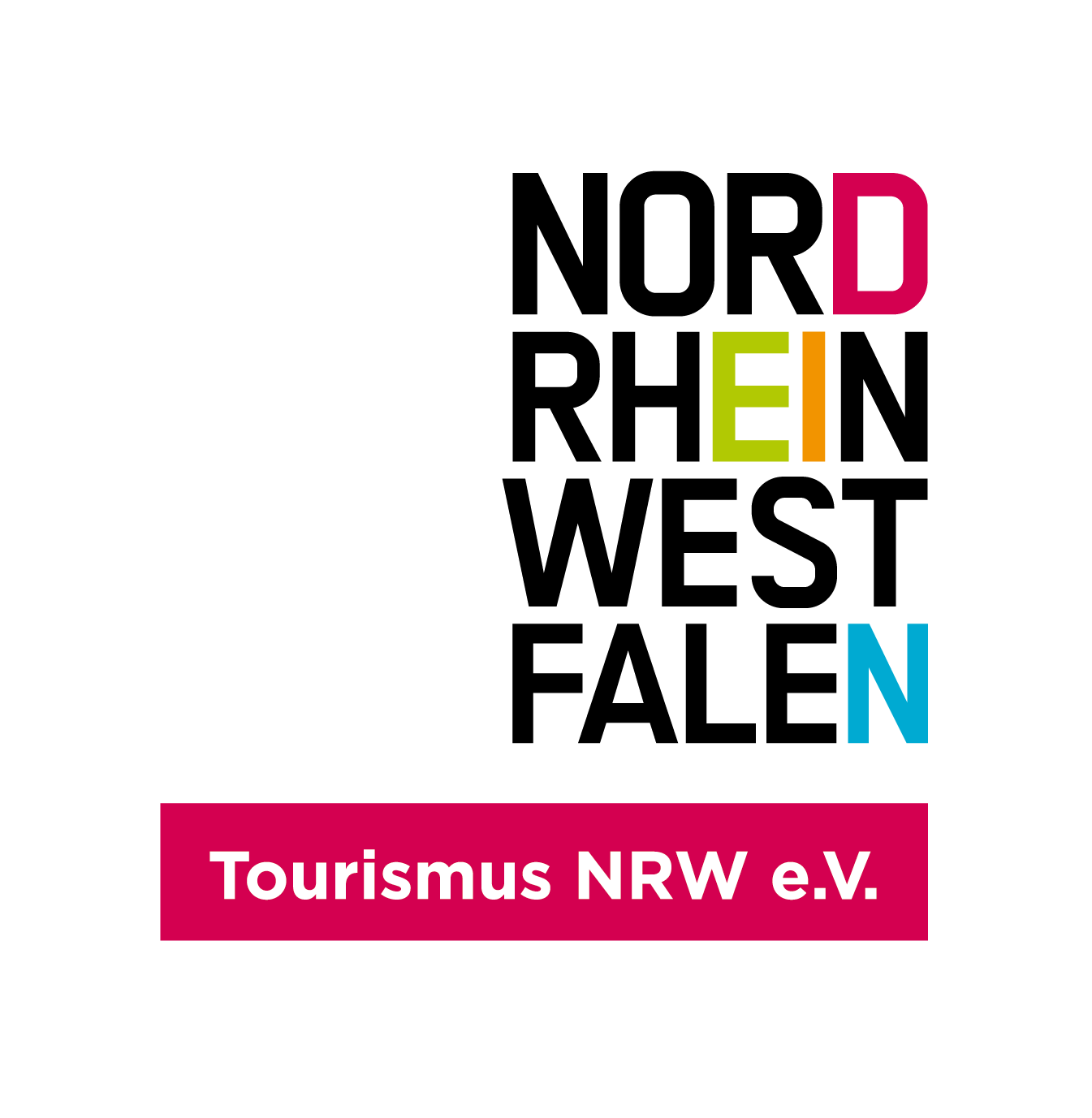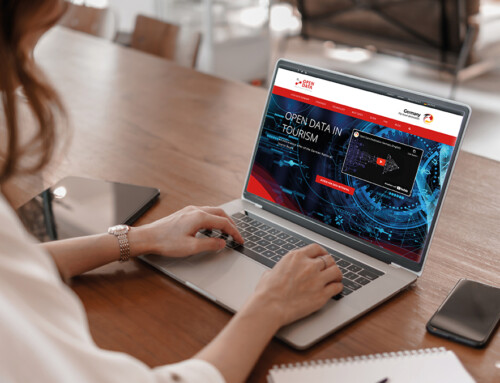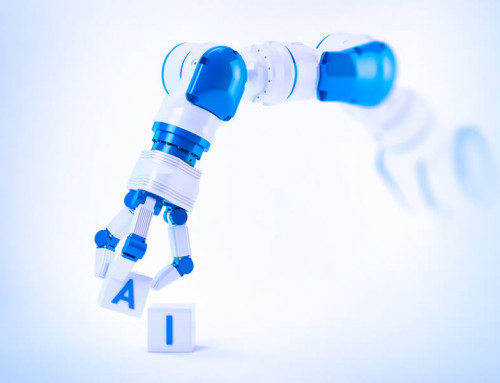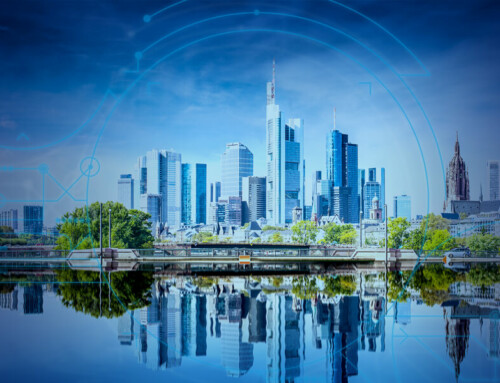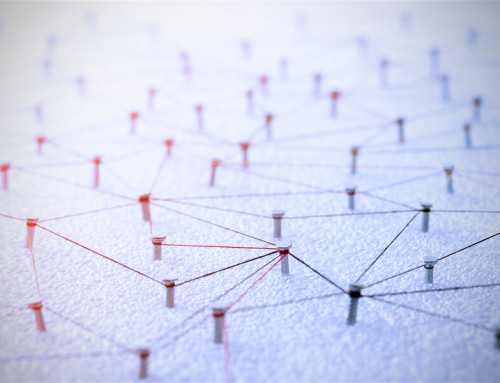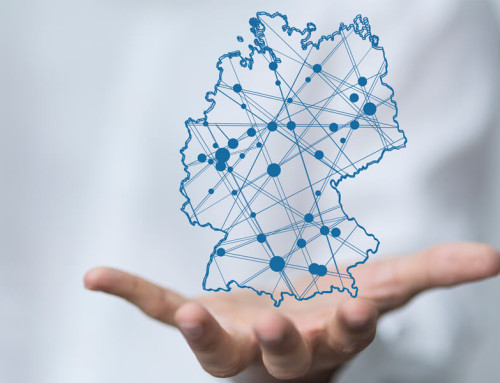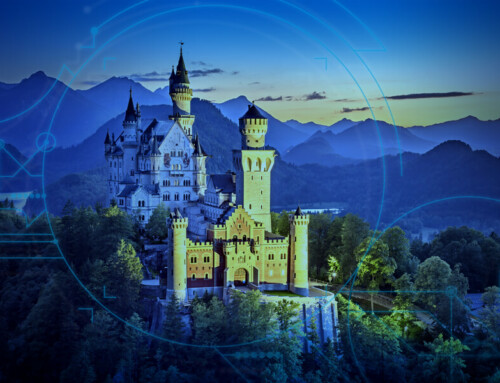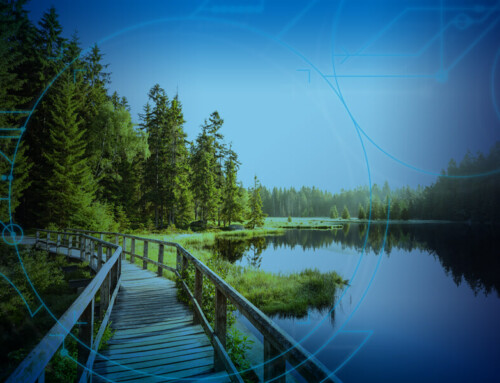Today’s guests are digitally on the move. The smartphone and other mobile devices have become a constant companion for people. They communicate via social media, get their information on a wide variety of platforms and book their restaurant visit, museum tour and accommodation wherever they happen to be. This change in people’s information and travel behaviour, along with the diversification of output channels and new developments in the areas of Big Data, the Internet of Things or Artificial Intelligence, is one of the major challenges facing the industry today.
This is where the project “Tourist Data Management North Rhine-Westphalia – Open, Linked, Digital”, funded by the state of North Rhine-Westphalia and the EU, comes into play. With this project, Tourismus NRW, together with its regional partners and with the support of the Fraunhofer Institute, wants to ensure that North Rhine-Westphalia as a tourist destination is fit for the future – and is thus implementing central requirements of the state tourism strategy.
Making NRW more visible as a travel destination by way of high-quality data of its own
Against the backdrop of digitalisation, answers are needed; above all to the question which information guests need at which points of their journey and where they can obtain the information that is relevant to them. The providers of large platforms have long since provided guests with all the information and a wide range of services they can use on their trips and during their leisure activities. In many cases, the information that comes from the destination itself remains unused because it is not machine-readable and not available in a structured, open form. But this is precisely where the opportunities lie to make North Rhine-Westphalia and its regions more visible under their own conditions.
It is therefore important to process data in such a way that it is machine-readable and can be played out on all conceivable output devices, from smartphones to smart speakers, in a target group-oriented and personalised manner in the respective travel contexts. The prerequisite for this is consistent data standards and also the opening up under licensing law. A continuous content flow between all system levels of tourism and its service providers as well as quality data are indispensable for meeting the needs of new generations of guests – and at the same time breeding ground for innovative ideas, which in the end also benefit the guests.
Technically, therefore, a state-wide data hub is to be created for NRW tourism, which will enable the exchange and networking of data within NRW (but also beyond).
Networking and Agility are Important Prerequisites
In order to achieve said goals, important prerequisites are needed, such as systematic linking at various levels: The interlocking of the North Rhine-Westphalian regions with the state tourism association is just as important as the exchange with the active players in German tourism, because the development of a state-wide data hub must ultimately be compatible with other solutions, for example the planned Knowledge Graph of the German National Tourist Board (GNTB).
Further important steps of the pilot project are the realization of a comprehensive change process by switching from sheer marketing to management and administration of data, the introduction of agile organizational principles in view of shortened product and innovation cycles as well as the conversion to new Sinus target groups and their changed travel and booking behavior. The project also explicitly includes corresponding market research activities.
First implementation steps have already been taken
In the first phase of the project, the main focus is on building up competence of the involved project partners. For this purpose, an appropriate qualification programme is being developed. Further, all relevant tourism stakeholders in the country will be equipped with the necessary knowledge. At the start of the project in September 2019, an initial inventory of the data system landscape in NRW was also carried out. In addition, with a view to developing a state-wide content strategy, workshops were held with the regional partners of Tourism NRW, in which relevant Sinus-Milieus were presented and support and needs were identified.
Project Structure
In this project, the aforementioned challenges are to be mastered and the goals are to be met together with the repsective project partners. By way of the model implementation (real-lab) of measures on site, in the regions, findings are to be gained that will then serve to make adjustments and create a nationwide solution from the pilot phase in the future.
The new state tourism strategy recommends a data and content strategy for NRW which is to be organised in a decentralised but nevertheless linked manner. For this purpose, a qualified partner structure will be established along the new tasks. Tourismus NRW e.V. and its tourist regions stand for this association.



